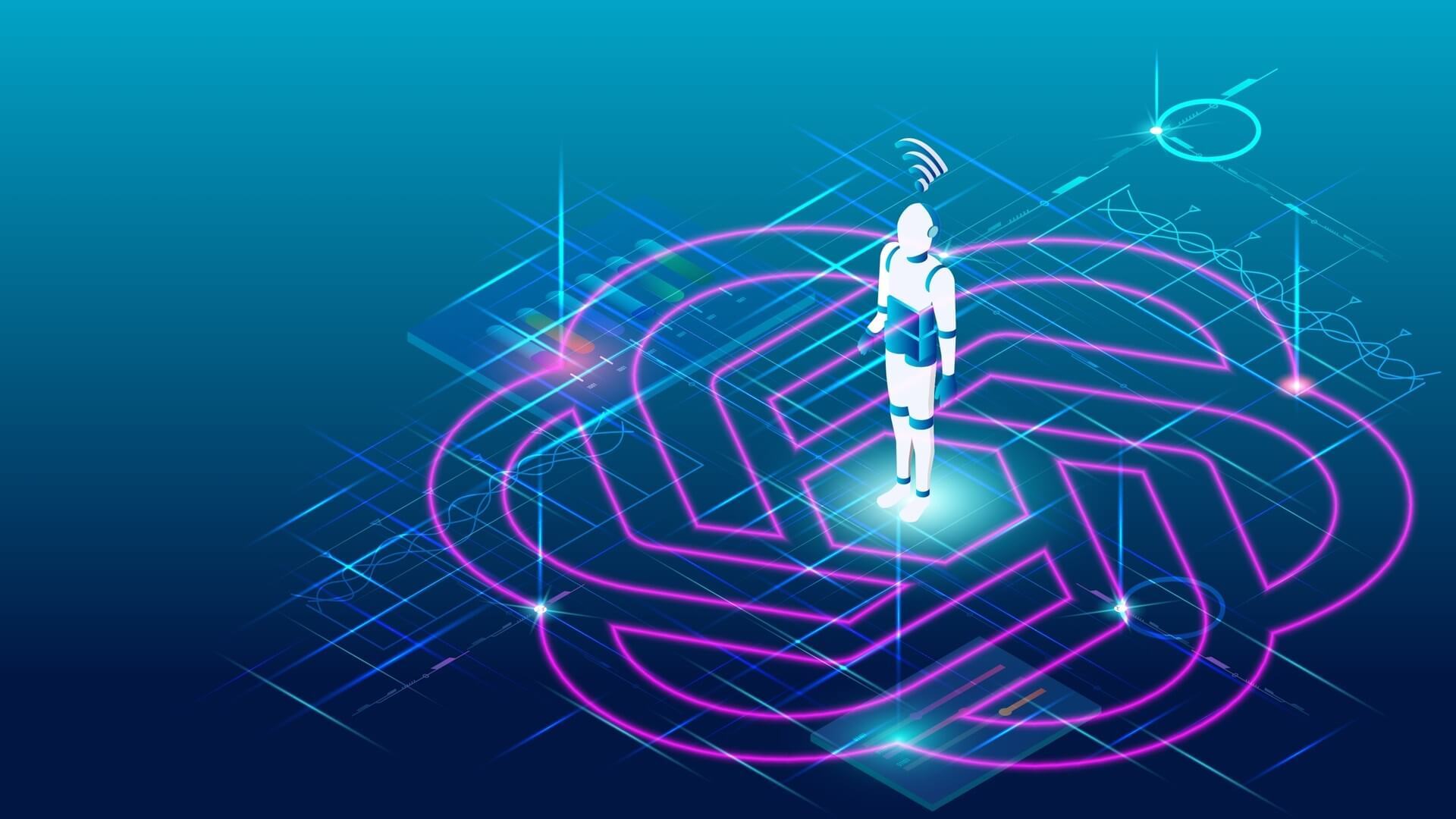Digital media company BuzzFeed (NASDAQ: BZFD) produces content powered by AI.
According to different sources, the company plans to use ChatGPT’s open AI to create site-specific content, including quizzes, as the first step to creating broader content using ChatGPT’s innovative learning engine. On a related note, the company announced just last month that it would reduce its workforce by approximately 12%. “
In 2023, AI-inspired content will move from RandD to become part of our core business, enhancing the quiz experience, informing our brainstorming, and personalising our content for our audience,” BuzzFeed CEO Jonah Peretti said in a note to employees.
“The creative process is becoming more and more AI-powered and technology-enabled,” Peretti said, according to Reuters. “If the last 15 years of the Internet have been defined by algorithmic feeds that curate and recommend content, the next 15 years will be defined by AI and data that helps create, personalize, and animate content itself… we are seeing breakthroughs in AI.”
This will usher in a new era of creativity that enables people to use creativity in new ways with infinite possibilities and applications. “In publishing, AI can benefit both content creators and audiences, inspiring new ideas and engaging audiences to create personalised content,” reports Variety magazine.
AI Impact on Media: BuzzFeed, Microsoft, and Others were created using CNET’s resources and were used in only a very small number of posts before human oversight identified significant factual errors, inaccuracies, and plagiarised content, according to multiple news sources.
Microsoft has invested billions in OpenAI. Microsoft CEO Satya Nadella said the company is looking for more ways to monetize the platform.
BuzzFeed has signed a multi-year deal with Facebook parent Meta to create content. NASDAQ reports that the transaction is valued at $10 million. The company’s stock rose thanks to the new deal and the announcement to use Open AI ChatGPT to create content.
Humanity and AI Technology
Peretti says human oversight is still important to provide ideas and “inspirational cues.” But what inspires shareholder enthusiasm is enabling creative new technology. The recent stock price rally demonstrates what Benjamin Graham first shared: In the short term, the stock market is a voting machine.
“Investors scoff at AI,” Tony Wan tells Forbes. He is the platform manager of Reach Capital, a venture capital firm based in San Francisco. But many are less excited about what OpenAI can create.
Risks and Rewards of ChatGPT Potential
ChatGPT has been enthusiastically embraced by students, creating waves of mistrust and concern among teachers. Teachers see the possibility of plagiarism as just one possible threat, not to mention pure learning avoidance with ChatGPT. Because there’s no need to delve into the nuances of Thomas Hardy or Samuel Coleridge when you can let AI create your own essay on those (and other) topics.
To be fair, a teacher could also ask ChatGPT to generate essay questions, reminding us that a machine can do the heavy lifting on both sides of the academic equation.
The limitations of the software weaken every day as the engine continues to digest ever larger amounts of data. The world’s most powerful chat service performs the most human of tasks: learning and creation.
Ultimately, the unique human ability to speak separates us from the rest of the animal kingdom. Our ability to develop speech pushed our ancestors beyond faster, stronger, and fiercer animals, making creativity a powerful tool for shaping the world around us. Communication and cooperation ensured our survival, a maxim that is as true today as it was thousands of years ago.
Companies that collaborate and communicate effectively are the places where employees and customers go to find clarity, value, and more. The best leaders are great communicators (if not in style, then in substance) because our creativity lives in communication.
Our gift of language exalted the ancients, as today. Language is at the heart of every organization, every executive meeting, every corporate retreat, and every management decision. Now machines have learned to learn our language. And while the substantive decision-making process is still in human hands, that person wonders: how long?
We’ve developed countless tools to help us share our language skills—from Slack to texting to Twitter, there are seemingly endless tools available to share the most human of interactions: chatting. Maybe it’s time to talk about what happens when tools start using us. By the time even the Associated Press celebrates the use of AI-generated content, it may be too late.




